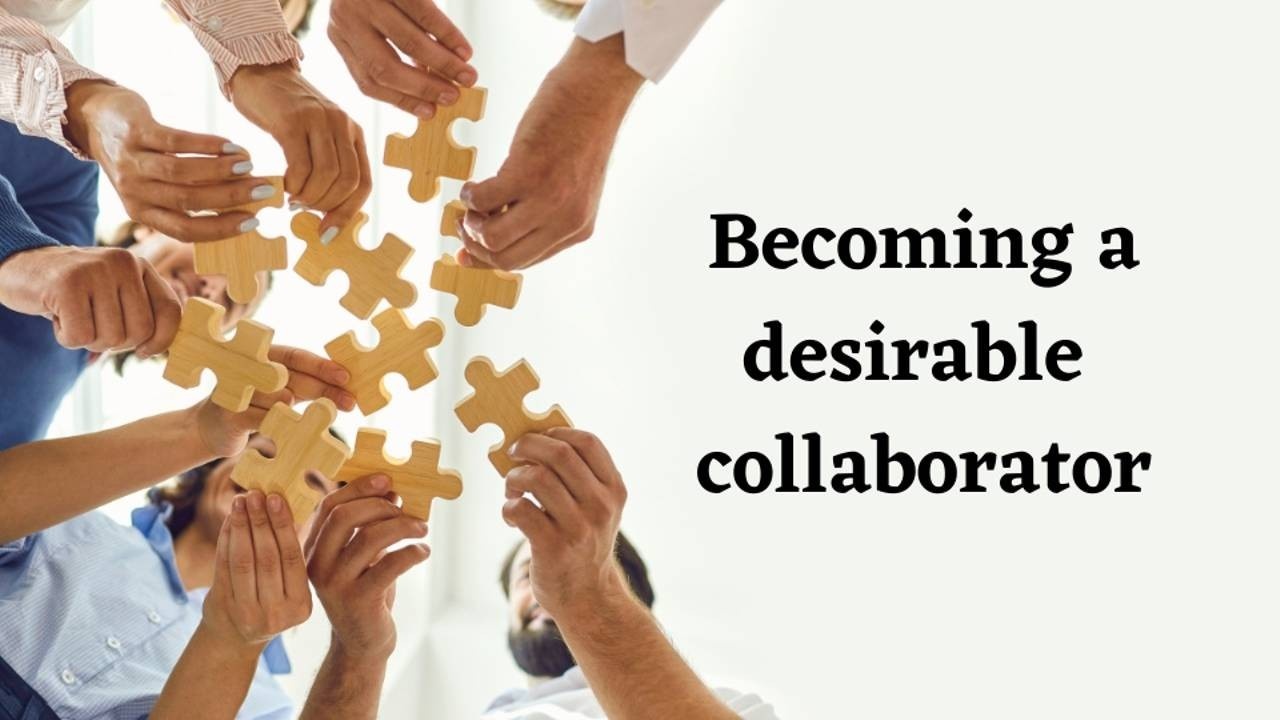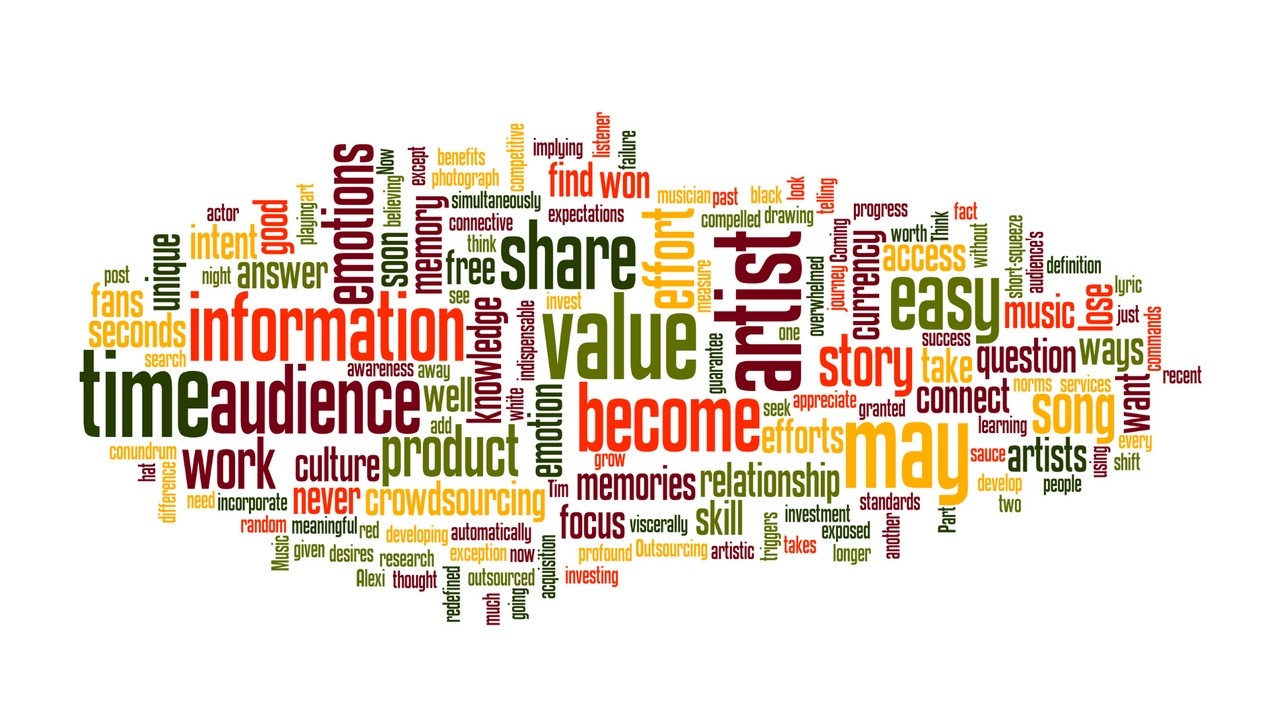Making your dreams a reality

We can mitigate our chances for failure by making good decisions. Seems logical. But, why is it that what we want is always out of reach? Perhaps our expectations are unrealistic? Or, we don’t understand what is required to make our expectations a reality?
What I have learned:
Successful people we admire have developed the ability to analyze their aspirations, create a strategy to achieve their goals, devise tactics and be committed to executing their strategy. Defined Goal, Strategy,Tactics and Dedication. It doesn’t matter if you are going to the moon or around the block. The process is the same. This may sound cold and calculated because it is. But, it doesn’t mean going after your dreams has to be uninspiring. On the contrary this isn’t an either/or question. It can be both.
The “secret sauce” to making your dreams a reality is knowing how to compartmentalize your thoughts. This will eliminate questions with no answers like: “how did they do it?” or “I wish I could go to the m...
What If?

“I want to (fill in the blank).
It’s easy to get seduced by grand ambition.
We can be triggered by various ideas or fantasies: fame, fortune, acceptance...whatever. What motivates you will be different than what motivates me. But, what is common to any level of achievement is that there is an initial idea that sparks the action. What you have to keep in mind is that the bigger the dream the greater chance that your dream lies somewhere outside your comfort zone or personal experience.
"Success is achieved by execution of an idea - not the idea itself."
As a creative professional my job is to make my ideas real and tangible in the world. As I used to say to my composition students: “without getting to the end of your piece or song your idea is like a marble rattling around in your head. It may stroke your ego but has zero value to anyone else.” If you want to achieve a goal you need to be able to measure your progress. This is essential.
If a goal is outside your comfort zone o...
The door to success is open... what are you waiting for?

"So and so gets all the breaks!"
"If I only had as much money as so and so… I’d get ahead
"Life isn’t fair."
If you are, or want to be a composer you have picked one of the most challenging and competitive careers imaginable. The mountain to climb is high and there are no guarantees. BUT! You work hard. You try your best. And, no matter what you do you aren’t getting the results you desire. It is frustrating. It can be depressing. I get it. I’ve been there. But, before you get all hot and bothered and start blaming people, situations or get suicidal I have to tell you: there’s a catch.
I spent my twenties on a rocket ship ride. I was launched into the stratosphere of musical variety television arranging by my mentor who was so busy he needed an extra pair of hands. By my late 20’s I was getting bored writing the same arrangement over and over again so I decided to switch my focus. I naively thought that I could instantly become a film composer. No problem. I mean: “didn’t they kn...
Pivot - it doesn't have to be difficult

Have you ever known someone who ends up dating the same person in a different body even though they know better?
The definition of insanity is doing the same thing over and over expecting a different result.
Why is this so common and so predictable?
I mean, we may know we are headed down a path that won’t end well. But, we do it anyway.
So, How do we recognize it’s time to make a change? How do we stop dysfunctional behavior before we make a drastic mistake?
If you’re anything like me I always have felt more comfortable working. Work was something I could control and, for the most part I’ve been my own boss. That comes with the territory when you’re a writer. What I struggled with for years was how to function effectively when I was outside my comfort zone.
After many misfires and failed relationships (professional and personal) I was faced with a choice: keep making the same mistakes and be stuck in my life. Or do whatever it took to improve my situation. So, I approached so...
What is Your Why?

When I started writing arrangements it would take me days, if not weeks, to finish one big band chart. This wasn’t unusual nor concerning because I was a teenager and had little exposure to how arrangers worked and had few expectations about deadlines or process. As my knowledge increased my skills improved I was able to work more quickly. But I still faced the same issue when I struggled to finish a piece: “How do I recreate the same thoughts I had when I began?”.
Every time you sit down at the desk (or keyboard in today’s environment) it will be a new day. Your body will be different. You will be processing what happened the night before or be preoccupied thinking about a future event. Everyday is different. So how, do we recreate the mood, the intellectual thought process, the urgency of the moment - all of the above?
I needed to know what my why was.
I found that I could get back to square one if I were to take the time to articulate exactly why I was doing the project and wha...
What Next?

I’m sure given the craziness of our times this is a question that has crossed your mind a time or two. Perhaps, putting your head in the sand is a more appealing idea. Then again, the reality is most likely someplace in between.
So what are we supposed to do when the future is unpredictable?
Well, there are no easy answers. However… why not focus on what you can control instead of worrying about what is out of your control? And what you can control is how you react to input and observing your choices instead of repeating patterns and behavior of the past.
Tomorrow afternoon (2pm Central) I am going to share my thoughts about how to not only survive as a creative in 2021 but thrive in an uncertain world.
If you’re interested stop by. We’d love to have you. An email with the Zoom invite will go out on Saturday morning. If not I hope you have a wonderful weekend and Valentine’s Day!
Cheers.
CB
Click here for more information about Click Notes Live! https://bit.l...
Choices Choices Choices

My mentor was a huge fan of Duke Ellington. Duke wrote for the members in his band, not for generic instruments. He knew their strengths and weaknesses. He knew what made them unique. Like any good orchestrator Duke was a master at finding unusual combinations of instruments. Now, because he had the same guys in the band for years he had no need to put instrument names on parts. He would just put their names on the parts. He intimately knew each player and how their individual sounds would blend.
This was my example when I began writing arrangements. I quickly discovered that the more I knew about each player the more effective my arrangements became. Why? Because I was writing for the player, not the instrument.
When I began doing synth scores I adapted this approach when using samples the same way in three respects.
1- Just like picking an instrumentation to book a band I would decide what I was looking for (sustains, shorts, waveforms, etc) before I began writing. I fo...
Becoming A Desirable Collaborator

Musicians are trained to execute their performances perfectly. It requires hours and hours of dedicated solitary practice. Composers too spend most of their time alone. Being alone can make collaborating creatively uncomfortable and unfamiliar. What makes us good at what we do can become a liability in a collaborative environment. Here are a couple of tips to help you transition into becoming someone who attracts collaborators.
Nobody likes to be embarrassed. Creative people tend to avoid criticism because it can be a blow to our ego, our self-worth, our self-doubt. We may not even be aware that our insecurities, our fragile self-worth can push us into reacting to criticism defensively. Or, push us under a rock so we don’t have to deal with uncomfortable thoughts. Am I good enough? What do you mean I’m not as good as I think I am? Don’t you know my way is the RIGHT way?
Criticism and differing opinions are a part of life. If 10 people witnessed an accident there is a good chance you...
4 concepts to consider about the current state of artistry.

Outsourcing our memory
What do you have to lose? If you won’t invest in yourself why would anyone else?
It’s easy to take for granted that we can answer most any question we may have in seconds. “Siri- what is the definition of quantum physics? “Alexa- play the song that was number one on Feb 5th 1961”. The answer to most any question you may have is but a few commands away. What used to take time and effort to research now takes seconds.
What has been lost in the process?
We have devalued the acquisition of knowledge. We tend to avoid investing our time into learning because it’s so easy to just search instead. Essentially we have outsourced our memory.
This has affected our culture in profound ways.
In the past, standards of performance have given us methods to measure our progress. These norms gave us hope that our commitment would yield the benefits we sought. There was no guarantee. But, we accepted the risks because we trusted we would contribute to o...
Instrumentalists are people… not machines!

How writing for live players differs from writing “in the box”
10 minutes until the downbeat of a recording session.
Violinist:
The room is a bustle of activity. People are arriving. Instruments are being taken out of cases. Warm up exercises are being played and last minute practice is attempted. Then the music is passed out.. It’s time for me to focus. My thoughts of traffic, my to do list and the nagging muscle pain I feel in my wrist all go out the window. As I look over the music and I spot a section that is really awkward and difficult to play. Am I up to it? Panic begins to set in. My breath gets shorter. My muscles begin to clench…and my mind races. “Will I be able to play this?” I take a couple of deep breaths to try to calm my nerves. Like it or not I will be put to the test in a matter of minutes. Gone are any thoughts of artistic expression. My survival instincts take over.
Then the conductor takes the podium. OMG! They look really nervous. Are they competent? Can I dep...



